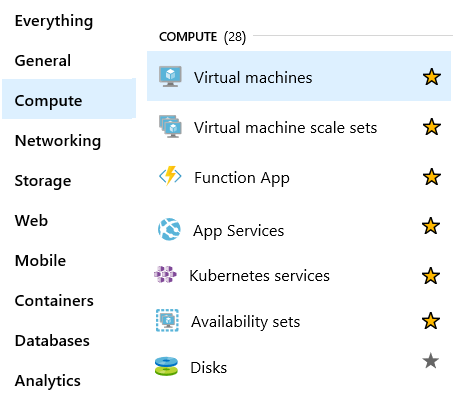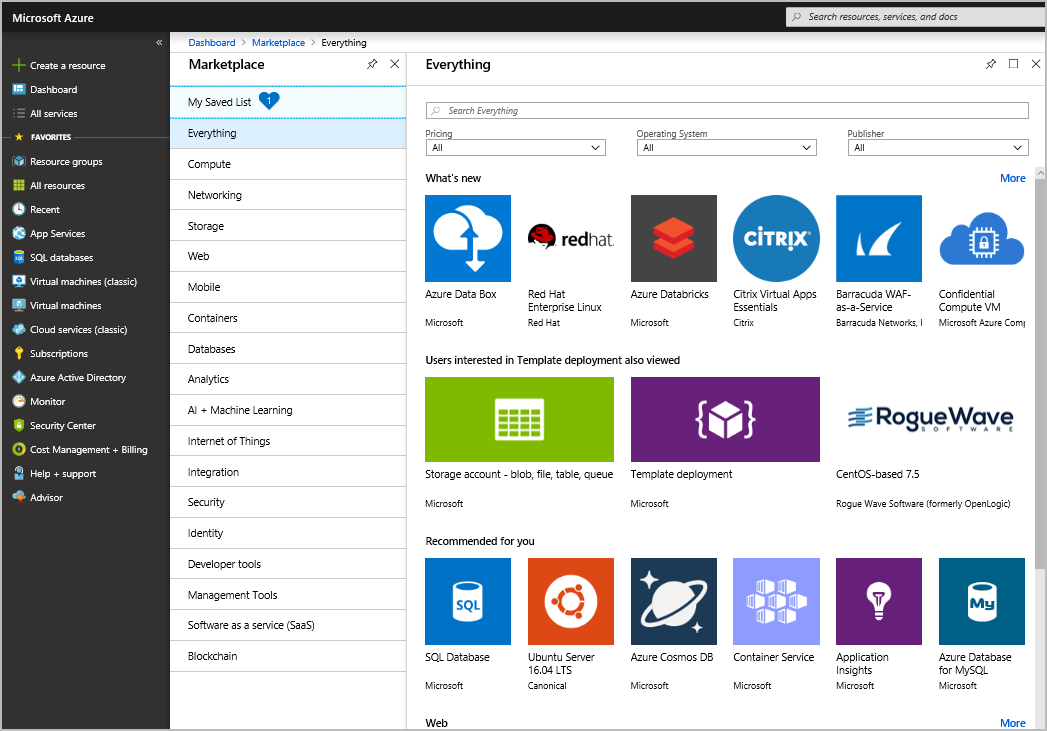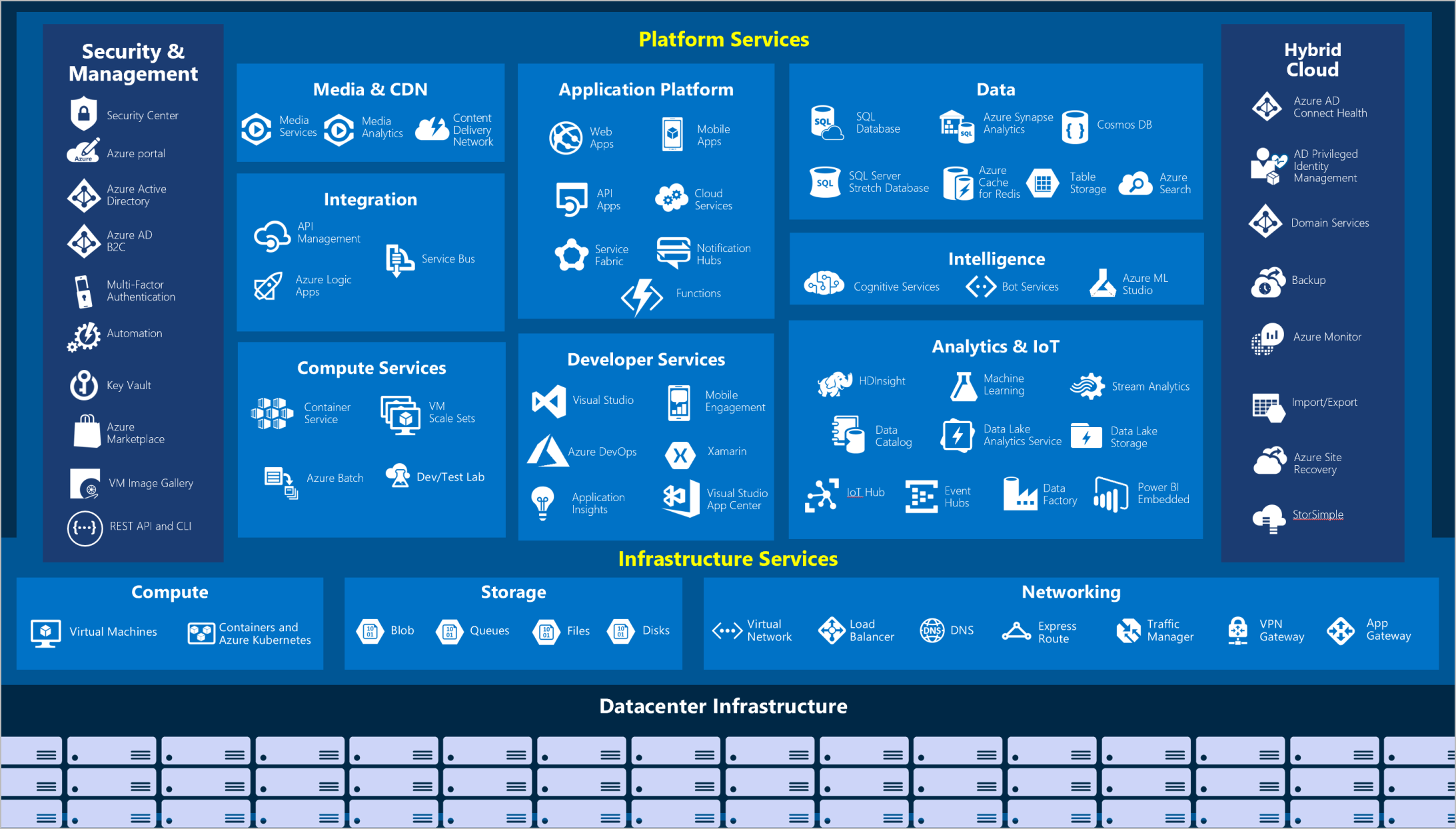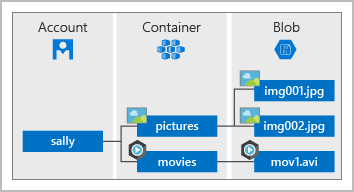Question
Time left
Score
0
What is the answer to this questions?
A
Choice 1
B
Choice 2
C
Choice 3
D
Choice 4
Below are the skills measured in this category:
Describe Core Azure Services (15-20%)
1
Describe the core Azure architectural components
Describe the benefits and usage of Availability Zones
Describe the benefits and usage of Resource Groups
Describe the benefits and usage of Subscriptions
Describe the benefits and usage of Management Groups
Describe the benefits and usage of Azure Resource Manager
2
Describe core resources available in Azure
Describe the benefits and usage of Virtual Machines, Azure App Services, Azure
Container Instances (ACI), Azure Kubernetes Service (AKS), and Windows Virtual Desktop
Describe the benefits and usage of Virtual Networks, VPN Gateway, Virtual Network
peering, and ExpressRoute
Describe the benefits and usage of Container (Blob) Storage, Disk Storage, File Storage,
and storage tiers
Describe the benefits and usage of Cosmos DB, Azure SQL Database, Azure Database for
MySQL, Azure Database for PostgreSQL, and SQL Managed Instance
Describe the benefits and usage of Azure Marketplace
3
After completing successfully this quiz, you should able to:
Understand the breadth of services available in Azure including compute, network, storage, and database
Identify virtualization services such as Azure Virtual Machines, Azure Container Instances, Azure Kubernetes Service, and Windows Virtual Desktop
Compare Azure's database services such as Azure Cosmos DB, Azure SQL, Azure Database for MySQL, Azure Database for PostgreSQL, and Azure's big data and analysis services
Examine Azure networking resources such as Virtual Networks, VPN Gateways, and Azure ExpressRoute
Summarize Azure storage services such Azure Blob Storage, Azure Disk Storage, and Azure File Storage
Below are some common Azure Services
0
Azure Cosmos DB
Azure Cosmos DB is a globally distributed, multi-model database service. You can elastically and independently scale throughput and storage across any number of Azure regions worldwide. You can take advantage of fast, single-digit-millisecond data access by using any one of several popular APIs. Azure Cosmos DB provides comprehensive service level agreements for throughput, latency, availability, and consistency guarantees.
2
Azure SQL Database
Azure SQL Database is a relational database based on the latest stable version of the Microsoft SQL Server database engine. SQL Database is a high-performance, reliable, fully managed, and secure database. You can use it to build data-driven applications and websites in the programming language of your choice, without needing to manage infrastructure.
3
Azure SQL Managed Instance
Azure SQL Managed Instance is a scalable cloud data service that provides the broadest SQL Server database engine compatibility with all the benefits of a fully managed platform as a service. Depending on your scenario, Azure SQL Managed Instance might offer more options for your database needs.
4
Azure compute
Azure compute is an on-demand computing service for running cloud-based applications. It provides computing resources such as disks, processors, memory, networking, and operating systems. The resources are available on-demand and can typically be made available in minutes or even seconds. You pay only for the resources you use, and only for as long as you're using them.
Azure supports a wide range of computing solutions for development and testing, running applications, and extending your datacenter. The service supports Linux, Windows Server, SQL Server, Oracle, IBM, and SAP. Azure also has many services that can run virtual machines (VMs). Each service provides different options depending on your requirements. Some of the most prominent services are:
- Azure Virtual Machines
- Azure Container Instances
- Azure App Service
- Azure Functions (or serverless computing)
5
Azure Storage
Azure Storage is a service that you can use to store files, messages, tables, and other types of information. Clients such as websites, mobile apps, desktop applications, and many other types of custom solutions can read data from and write data to Azure Storage. Azure Storage is also used by infrastructure as a service virtual machines, and platform as a service cloud services.
Here are different types of Azure storage:
Azure Blob Storage: object storage solution for the cloud. It can store massive amounts of data, such as text or binary data.
Azure Disk Storage: provides disks for Azure virtual machines.
Azure Files Storage: fully managed file shares in the cloud that are accessible via the industry standard Server Message Block and Network File System (preview) protocols.
Azure Blob Access tiers: Hot access tier, Cool access tier, Archive access tier
6
Which Azure compute resource can be deployed to manage a set of identical virtual machines?
- Virtual machine scale sets let you deploy and manage a set of identical virtual machines.
7
Which service should be used when the primary concern is to perform work in response to an event (often via a REST command) that needs a response in a few seconds?
- Azure Functions is used when you need to perform work in response to an event (often via a REST request), timer, or message from another Azure service, and when that work can be completed quickly, within seconds or less.
8
Your company has a team of remote workers that need to use Windows-based software to develop your company's applications, but your team members are using various operating systems like macOS, Linux, and Windows. Which Azure compute service would help resolve this scenario?
9
Azure Kubernetes Service (AKS)
- Azure Kubernetes Service (AKS) offers serverless Kubernetes, an integrated continuous integration and continuous delivery (CI/CD) experience, and enterprise-grade security and governance.
10
Azure Container Instances (ACI)
- Develop apps fast without managing virtual machines or having to learn new tools – it’s just your application, in a container, running in the cloud.





